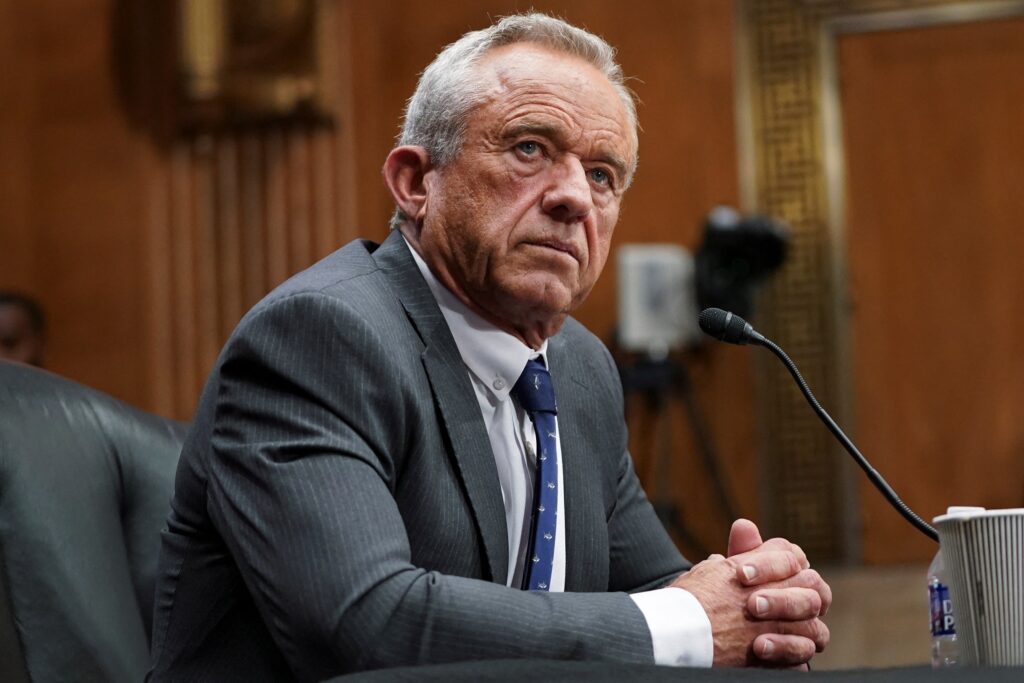
Introduction
Robert F. Kennedy Jr. (RFK Jr.), the son of the iconic U.S. Senator Robert F. Kennedy, has emerged as a prominent figure in American politics in recent years. With a background as an environmental attorney and activist, RFK Jr. has generated significant attention, particularly with his presidential campaign in an ever-changing political landscape. His unique mixture of advocacy, family legacy, and controversial viewpoints has positioned him as a candidate to watch in the 2024 election cycle.
Political Journey and Major Positions
RFK Jr. officially declared his candidacy for the Democratic nomination for president in April 2023. Known for his staunch advocacy concerning environmental issues and skepticism of pharmaceutical companies, he has positioned himself as a proponent of public health and environmentalism. His campaign focuses on major topics such as climate change, government transparency, and the promotion of vaccination safety—an issue that has notably polarized public opinion.
Despite the controversies surrounding his vaccination stance, RFK Jr. has garnered a substantial following. Supporters appreciate his commitment to questioning established norms and advocating for individual choice regarding health decisions. This resonated particularly during the COVID-19 pandemic, when many citizens expressed distrust in government narratives about vaccines and public health measures.
Reception and Impact
The reception of RFK Jr.’s candidacy has been mixed. While some see him as a refreshing alternative to traditional political figures, others criticize him for misinformation and conspiracy theorizing. His comments on vaccines have drawn criticism from public health officials and have raised concerns about the implications of misinformation. Yet, his strong family name and ability to connect with voters on issues of trust and integrity cannot be overlooked.
As he continues to campaign, RFK Jr. has made appearances at various rallies and town halls, articulating his vision for America. His campaign is a unique blend of his family’s storied legacy and modern activism, appealing particularly to younger voters disillusioned with conventional politics.
Conclusion
RFK Jr.’s political journey represents a significant shift in the Democratic landscape, emphasizing the importance of individual choice in health and environmental matters. As the 2024 presidential election approaches, his influence will surely spark debates, challenge opponents, and energize segments of the electorate. His campaign serves as a reminder of the enduring power of legacy in politics while illustrating how new voices can rise within established family narratives. Observers will be watching closely to see how his unique approach resonates with voters across the political spectrum.






